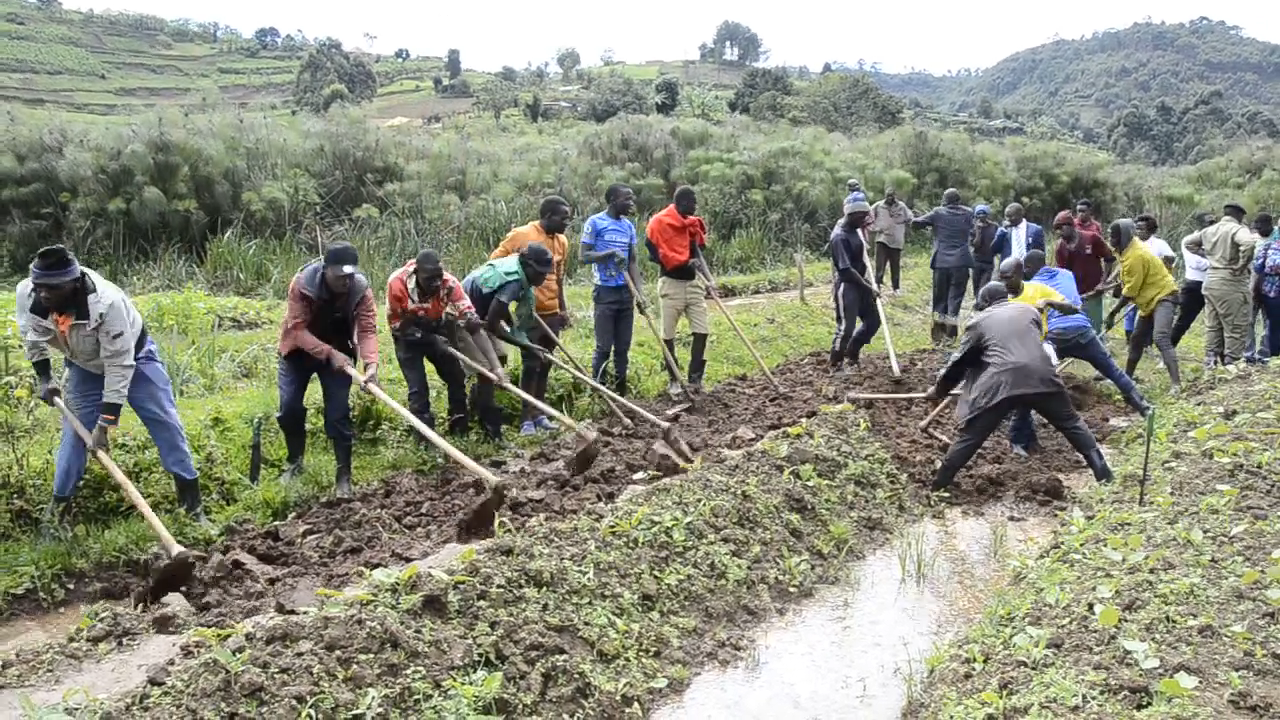The Perils of Land Fragmentation: A Growing Concern

Amid rapid urbanization and population growth, land fragmentation has emerged as a significant threat to sustainable development and agricultural productivity. This process, where larger landholdings are divided into smaller, less economically viable parcels, is having profound impacts on communities and ecosystems.
One of the most immediate consequences of land fragmentation is the decline in agricultural productivity. As plots become smaller, the ability to practice efficient and large-scale farming diminishes. Smallholder farmers often struggle to invest in modern farming techniques or technologies, leading to lower crop yields and reduced income. This cycle of diminishing returns can force families into poverty, exacerbating food insecurity in rural areas.
Keep Reading
Fragmented land holdings also contribute to environmental degradation. Smaller plots often lead to more intensive land use practices, including deforestation and overgrazing. These practices can result in soil erosion, loss of biodiversity, and the disruption of water cycles. In areas like Lubigi Swamp, where land fragmentation is rampant, the encroachment on wetlands has disrupted natural habitats and exacerbated flooding, posing a threat to humans.
The economic impact of land fragmentation extends beyond agriculture. Smaller land parcels often have lower market value, making it difficult for owners to leverage their land as collateral for loans. This restricts access to capital, limiting opportunities for economic development and entrepreneurship. Additionally, fragmented land ownership complicates infrastructure development and urban planning, leading to inefficient land use and increased costs for public services.
Socially, land fragmentation can lead to disputes and conflicts over land ownership and boundaries. As land is divided among heirs or sold off in smaller parcels, the risk of legal battles increases. These conflicts can strain community relations and disrupt social cohesion. In many regions, the lack of clear land tenure and the prevalence of informal land sales exacerbate these issues, leaving many without legal recourse.
Addressing the dangers of land fragmentation requires a multifaceted approach. Governments and policymakers must prioritize land reforms that promote sustainable land use practices and protect larger landholdings. Programs that support cooperative farming and collective land management can help smallholder farmers achieve economies of scale and improve productivity. Additionally, investment in rural infrastructure and access to credit can empower communities to break the cycle of poverty and develop more resilient livelihoods.
Land fragmentation is more than just a challenge for individual landowners; it is a pressing issue that affects food security, environmental health, economic stability, and social harmony. Without urgent action, the consequences of this pervasive problem will continue to ripple through societies, undermining efforts to achieve sustainable development and resilience. Stakeholders at all levels must work together to find and implement solutions that can mitigate the adverse effects of land fragmentation and ensure a sustainable future for all.
















